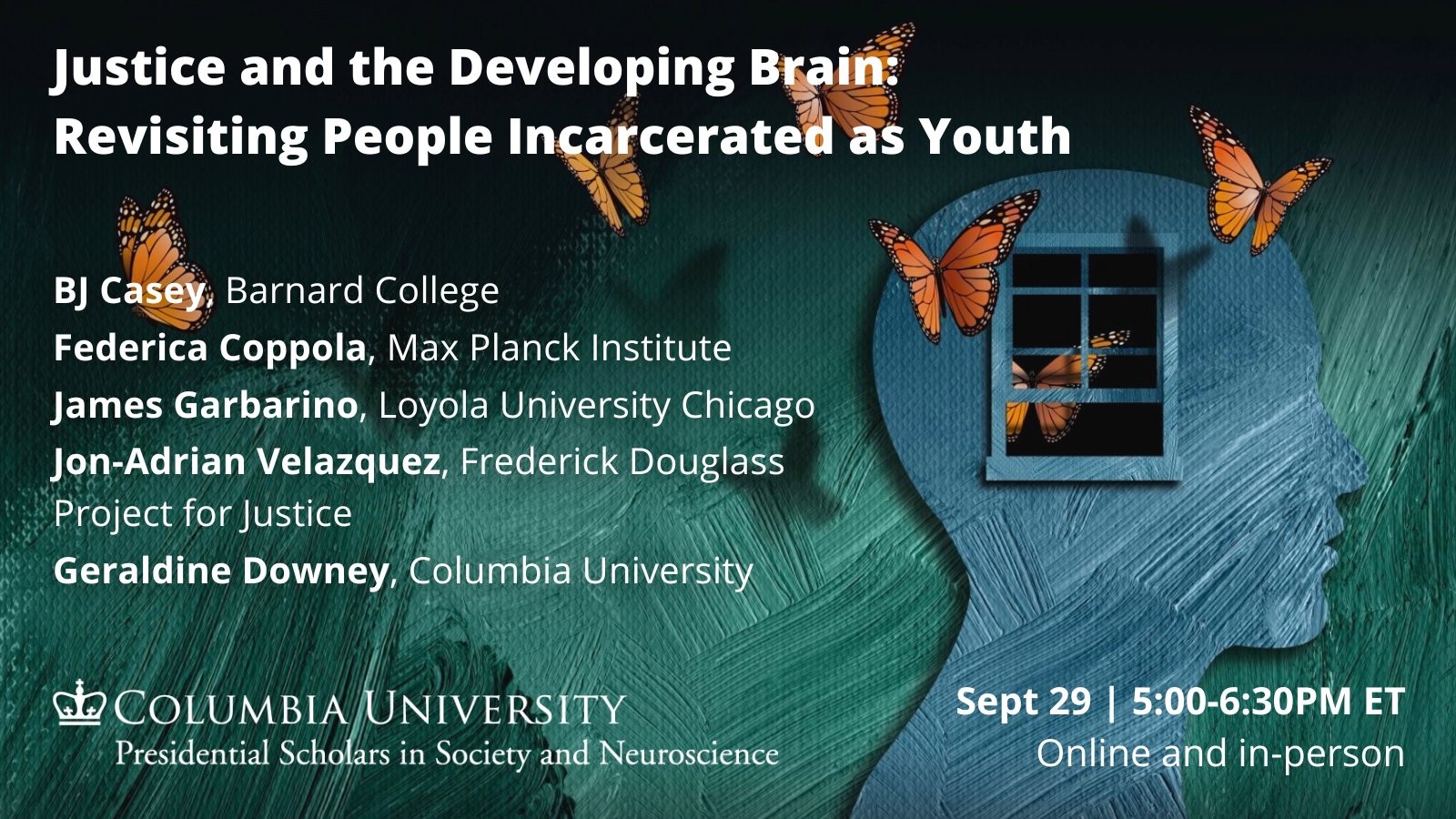Event Description
The harshness of youth justice in the United States is notorious. In some states, 16- or 17-year-old children involved in serious offenses can be tried and punished as adults. Likewise, children may be sentenced to life imprisonment without the possibility of parole and can even serve periods of their sentence in solitary confinement. Meanwhile, developmental sciences have been contributing critical knowledge about the developmental trajectories of the brain and their reflections on social behavior. Extensive neurodevelopmental research has demonstrated that a “bright-line” age for adulthood is not reflective of the variability in brain maturity. It has further highlighted that children are exceptionally vulnerable to adverse social experiences and that (re)traumatizing events (such as incarceration) can entail disruptive effects on healthy development, with negative repercussions throughout life.
This seminar will explore how knowledge from neurodevelopmental sciences can drive systemic change in youth justice policy. Law, science, and justice experts will discuss how this body of evidence can support avenues for meaningful youth justice reform, including shifting the youth justice system from harsh punitiveness to education, healing, and rehabilitation.
Event Speakers
- BJ Casey, Christina L. Williams Professor of Neuroscience, Barnard College
- Federica Coppola, Senior Researcher in Criminal Law, Max Planck Institute for the Study of Crime, Security, and Law
- James Garbarino, Emeritus Professor of Psychology, Loyola University Chicago
- Jon-Adrian Velazquez, New York State Program Director, Frederick Douglass Project for Justice; Teaching Fellow, Columbia University
- Moderated by Geraldine Downey, Niven Professor of Humane Letters, Columbia University

